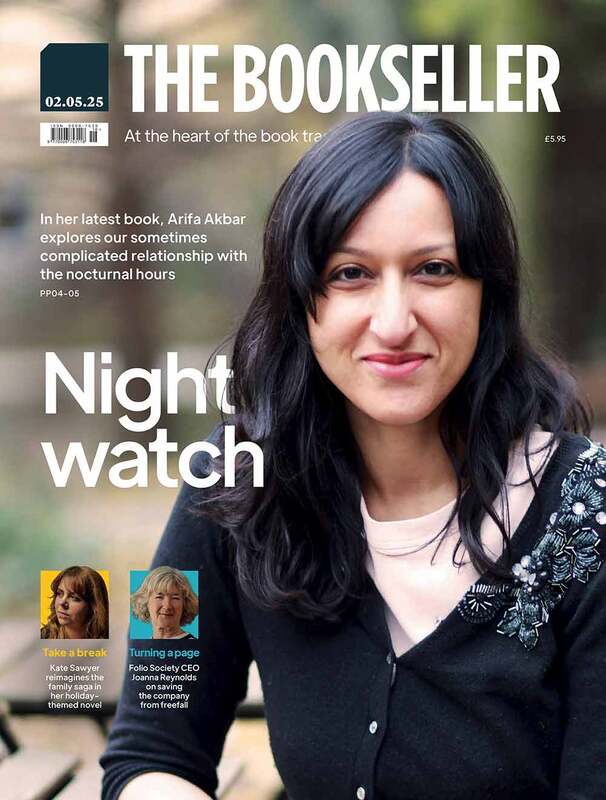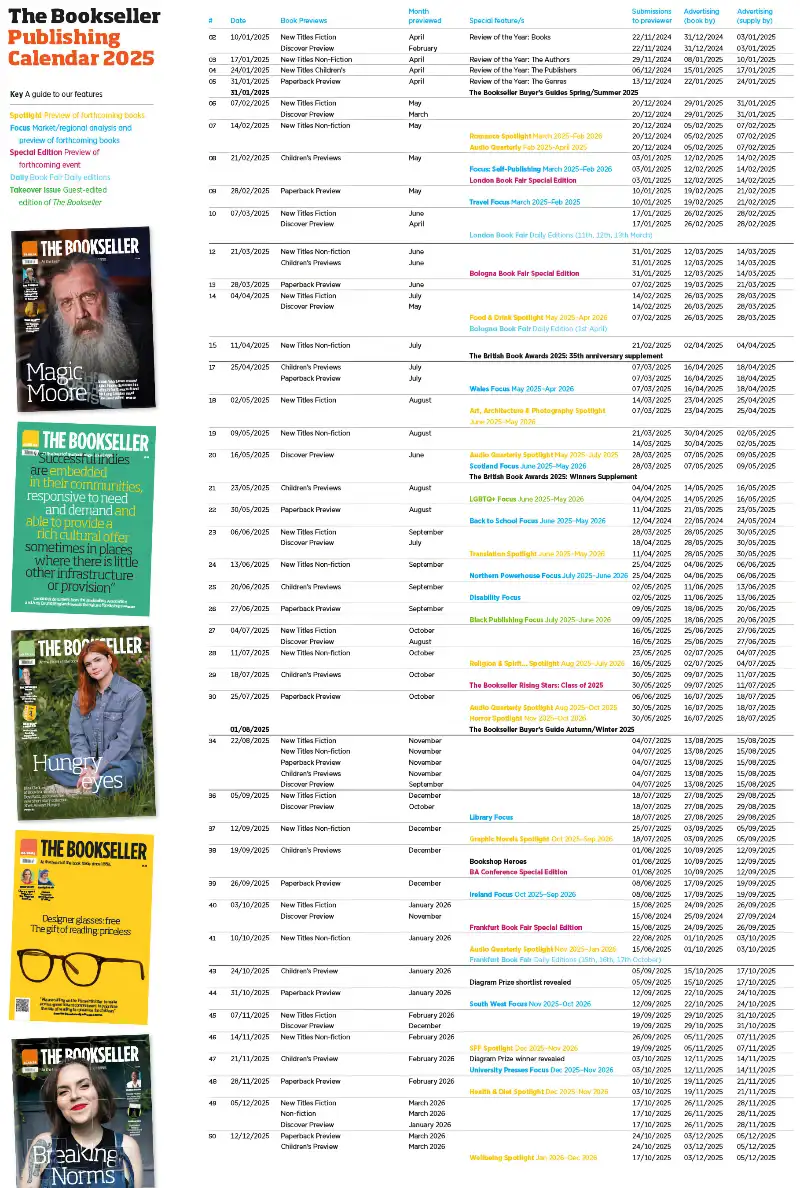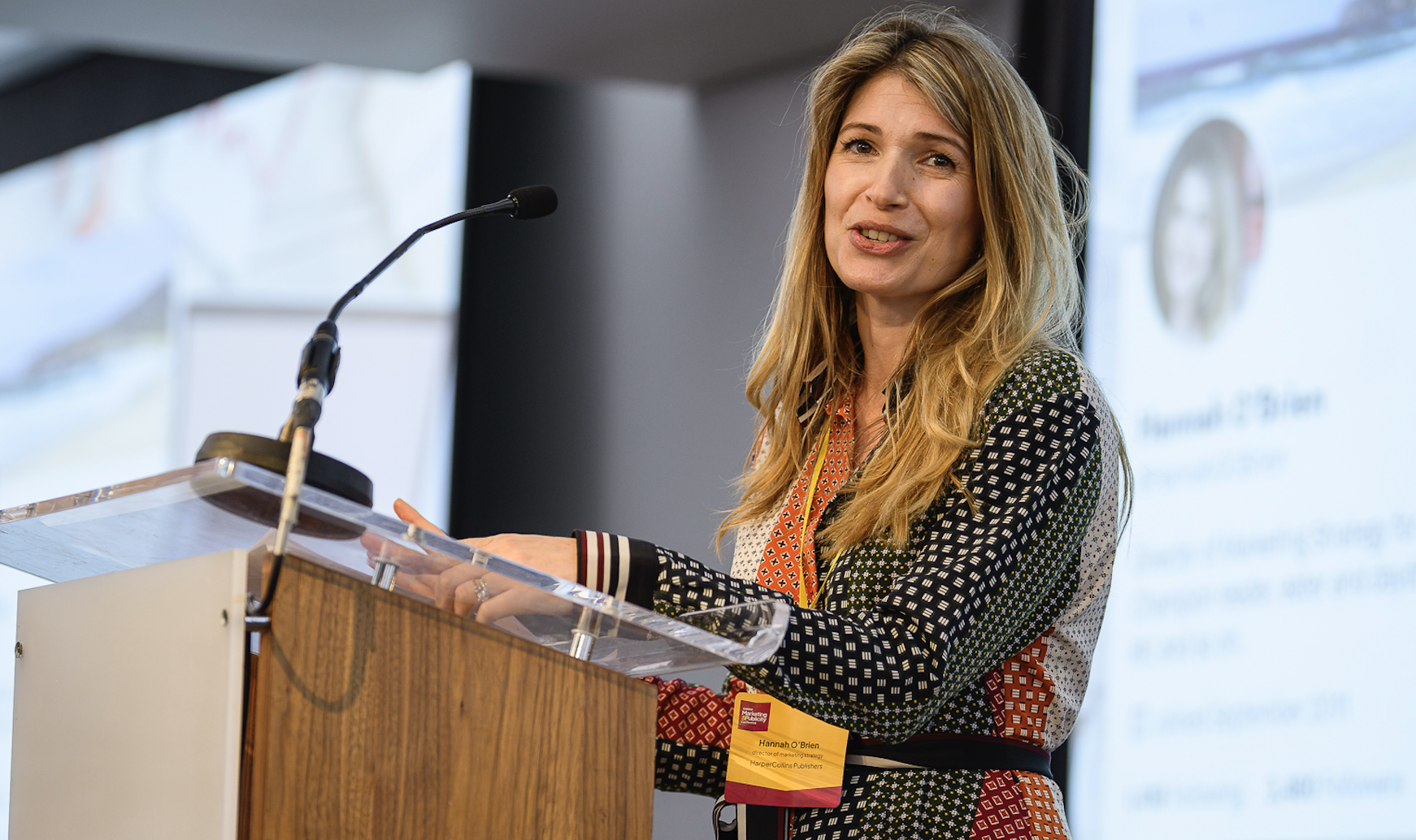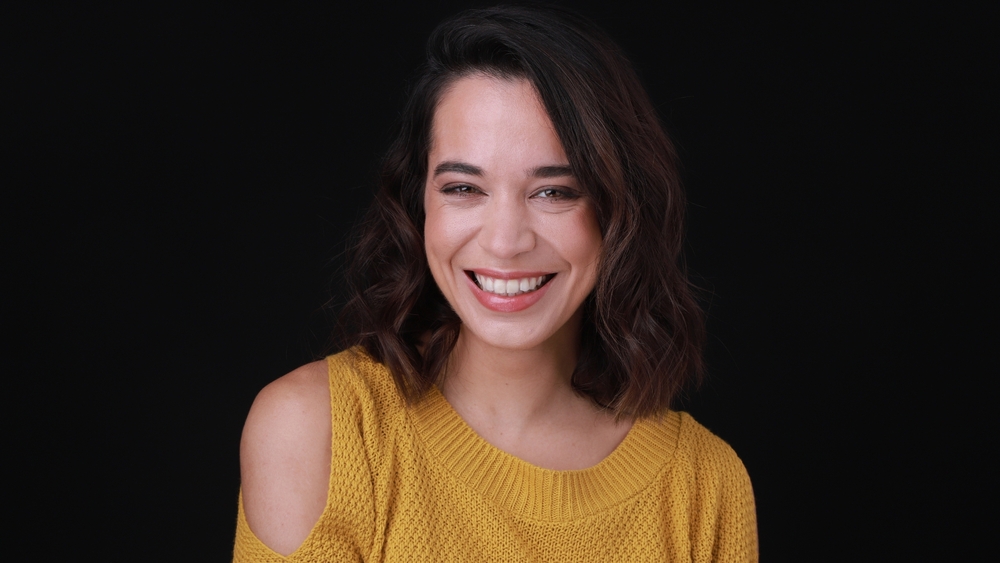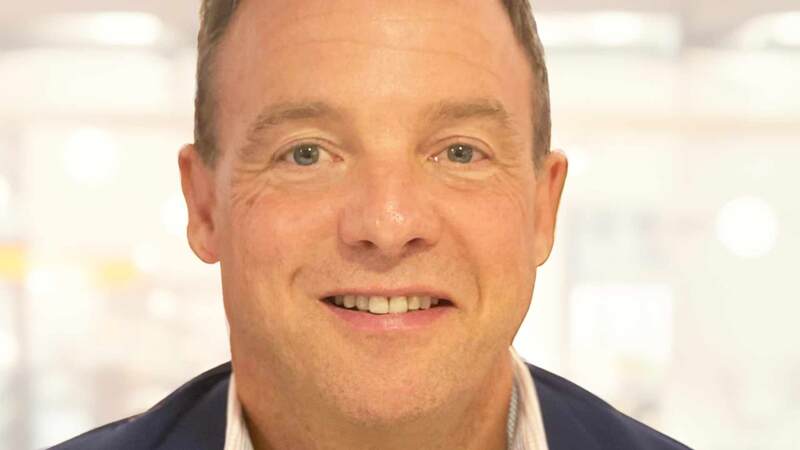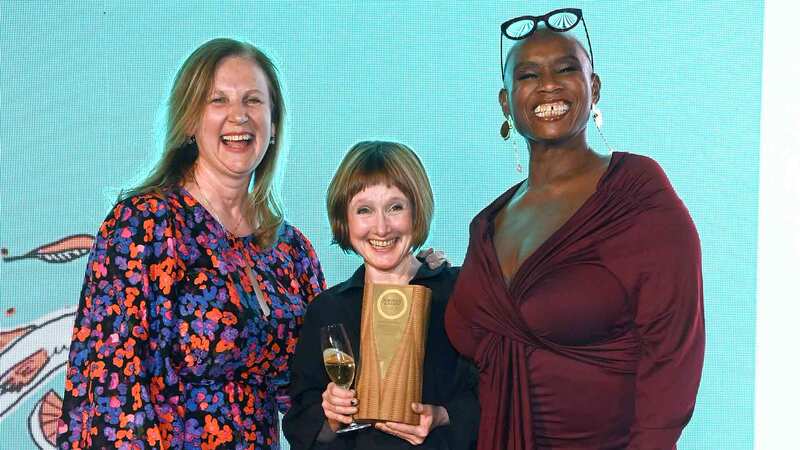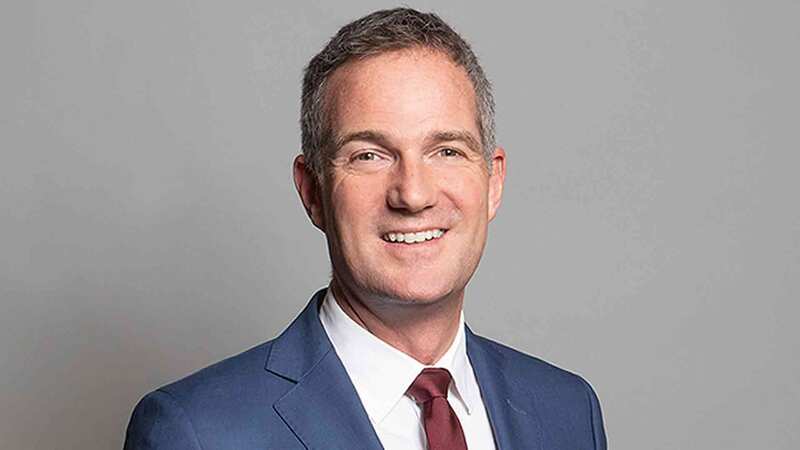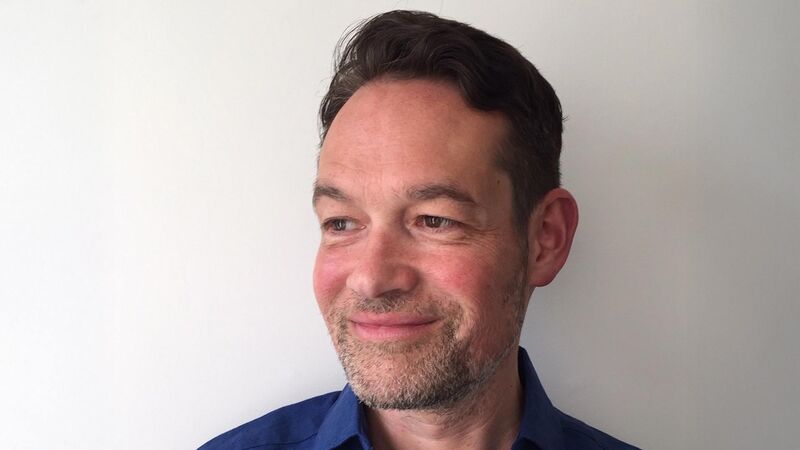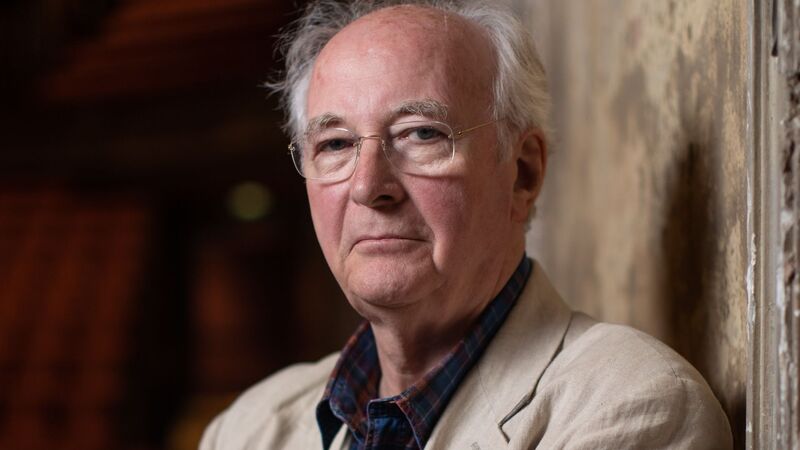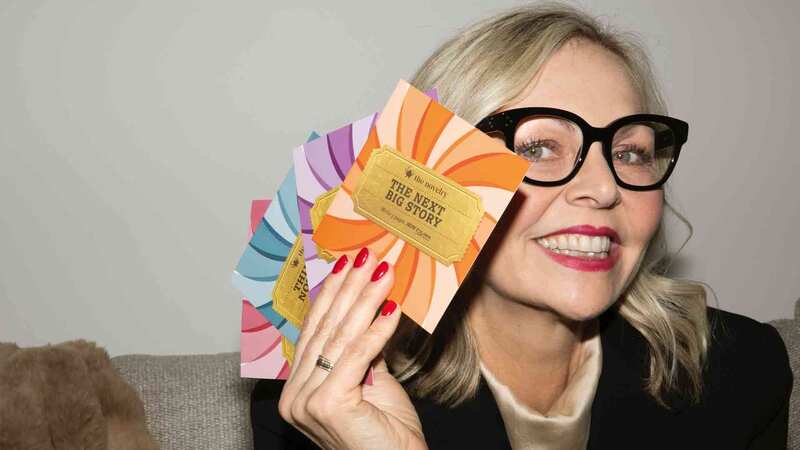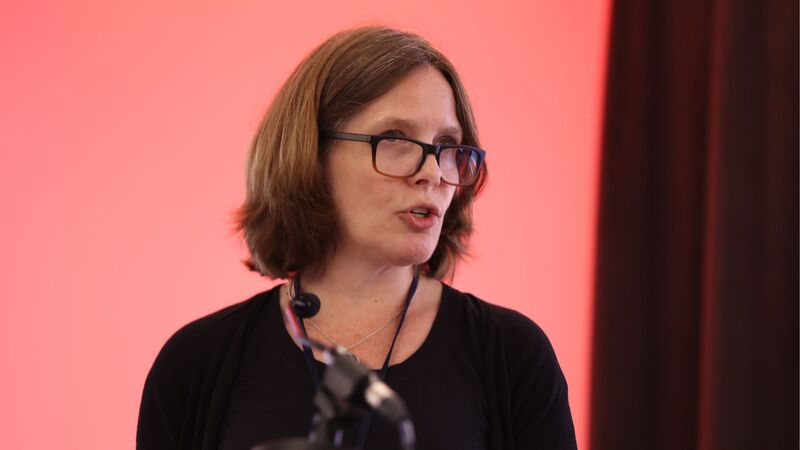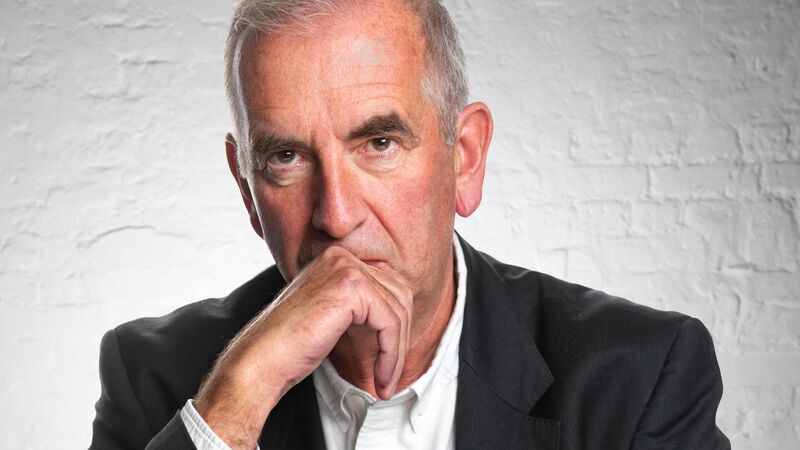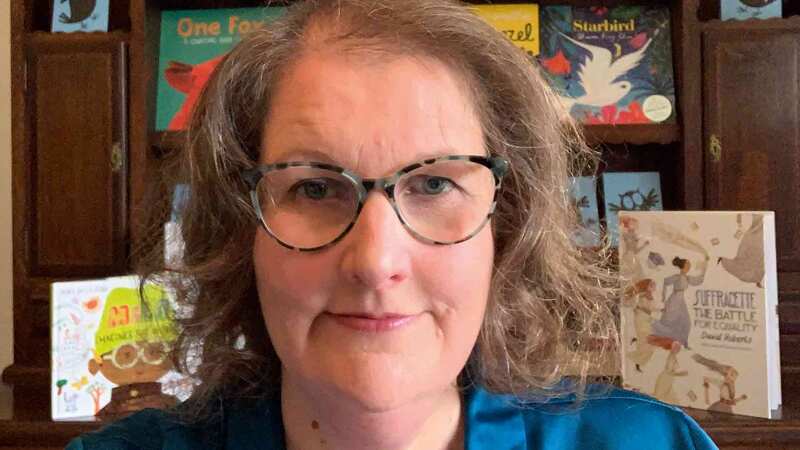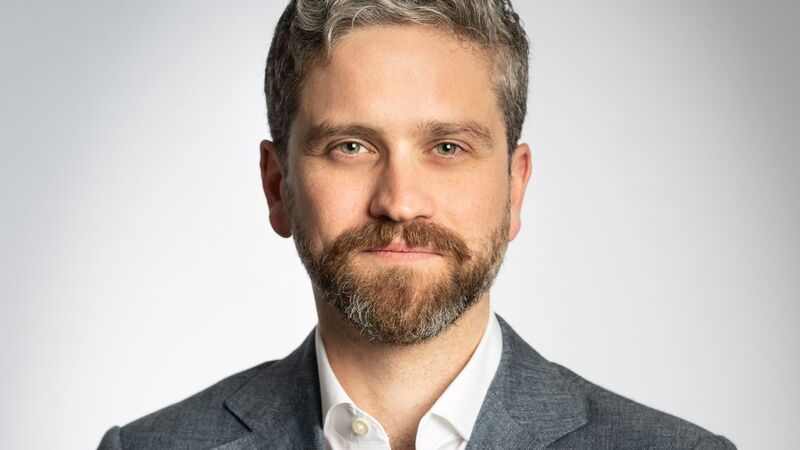You are viewing your 1 free article this month. Login to read more articles.
Delegates at The Marketing & Publicity Conference advised to own their successes and experiment
Publishing is "weird" with tiny budgets and lean operations, but the result is that campaign teams can own their successes. This was a key take-away from Hannah O’Brien’s opening keynote talk at The Bookseller’s Marketing & Publicity Conference. O’Brien, director of marketing strategy at HarperCollins, used the moment to lead a round of applause with the audience of more than 300 delegates as they were urged to celebrate their wins.
O’Brien was followed by Anne-Laure Le Cunff, neuroscientist, writer and entrepreneur, who advised the audience to think in a less linear way and more like scientists, where success is judged not by reaching a pre-determined goal, but by learning something new.
Unlike entertainment competitors, publishers don’t have huge budgets, O’Brien said: "We work in lean teams. If we had tiny budgets but teams of 30, or lean teams but larger budgets, it might make sense. But actually what we have are lean teams, and even leaner budgets." It is also the case, she added, that many marketeers and publicists learn on the job, but are also tasked to be instant experts when a new social platform launches, or when artificial intelligence shifts the way things can be done.
But this, she stressed, "makes every single one of you bloody amazing". She added: "The success is one we own, that is down to us. It our hard work that they are seeing. It is down to you. We work in lean teams, with small budgets, but that means creativity and innovation is in our blood." The "weirdness" is part of the beauty of it all, she stated.
Le Cunff said the problem with having a goal focused approach to success was that the world wasn’t linear: "Everything is check, check, check, but only one problem—we don’t live in a linear world, we live in a non-linear world. Life throws us curveballs, but somehow we cling on to the end goals. For scientists, success is not about reaching a certain outcome, but learning something new. So today I want to recommend you start looking at your work like a scientist and approach every challenge as an opportunity for experimentation."
She advised the audience to learn from failure. "Every challenge can be an opportunity to grow; run a lot of tiny experiments. If you all do it together tiny experiments can lead to big changes."

